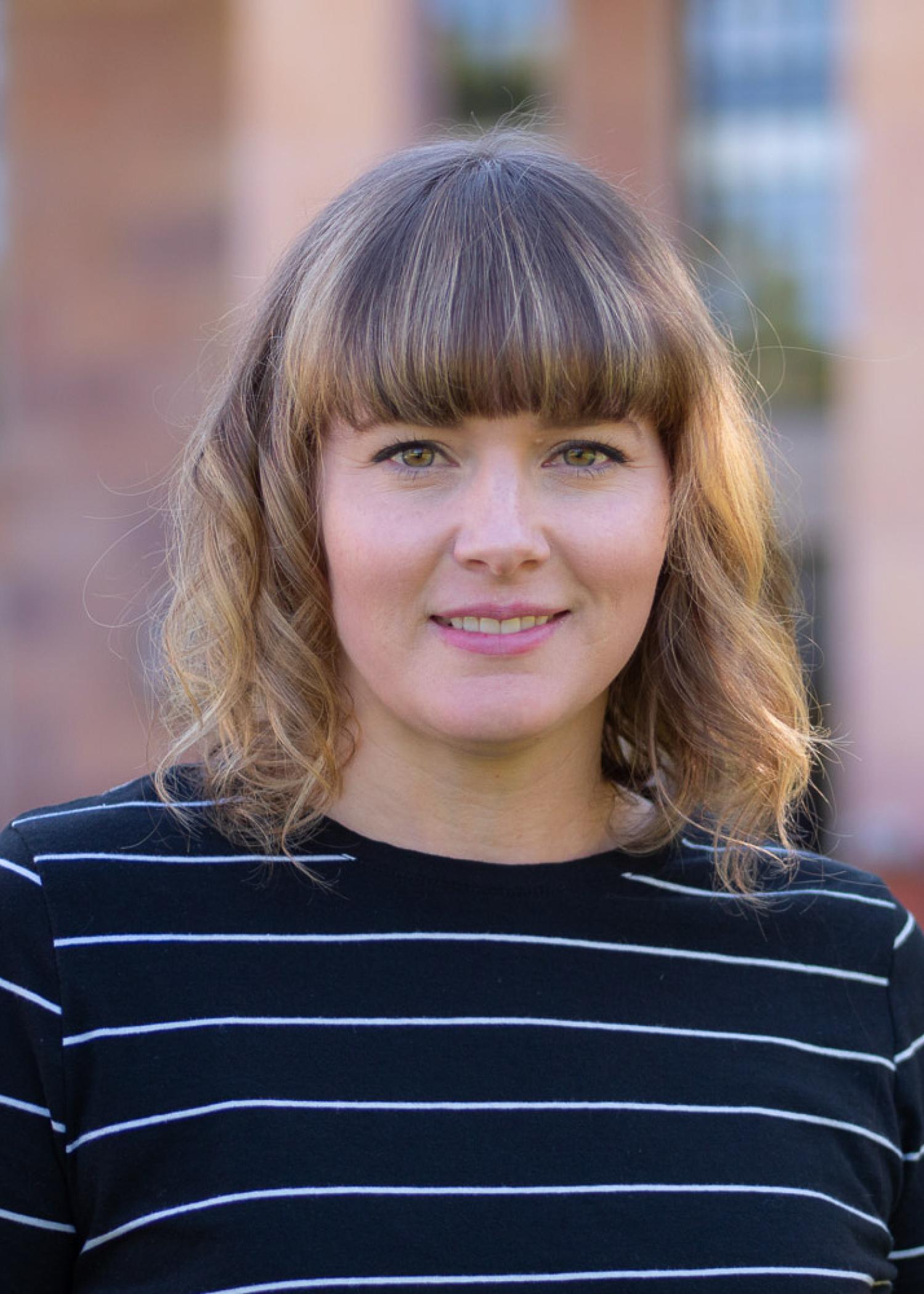
Contact Nickoal at nickoal.eichmann@colorado.edu

Contact Naomi at naomi.heiser@colorado.edu
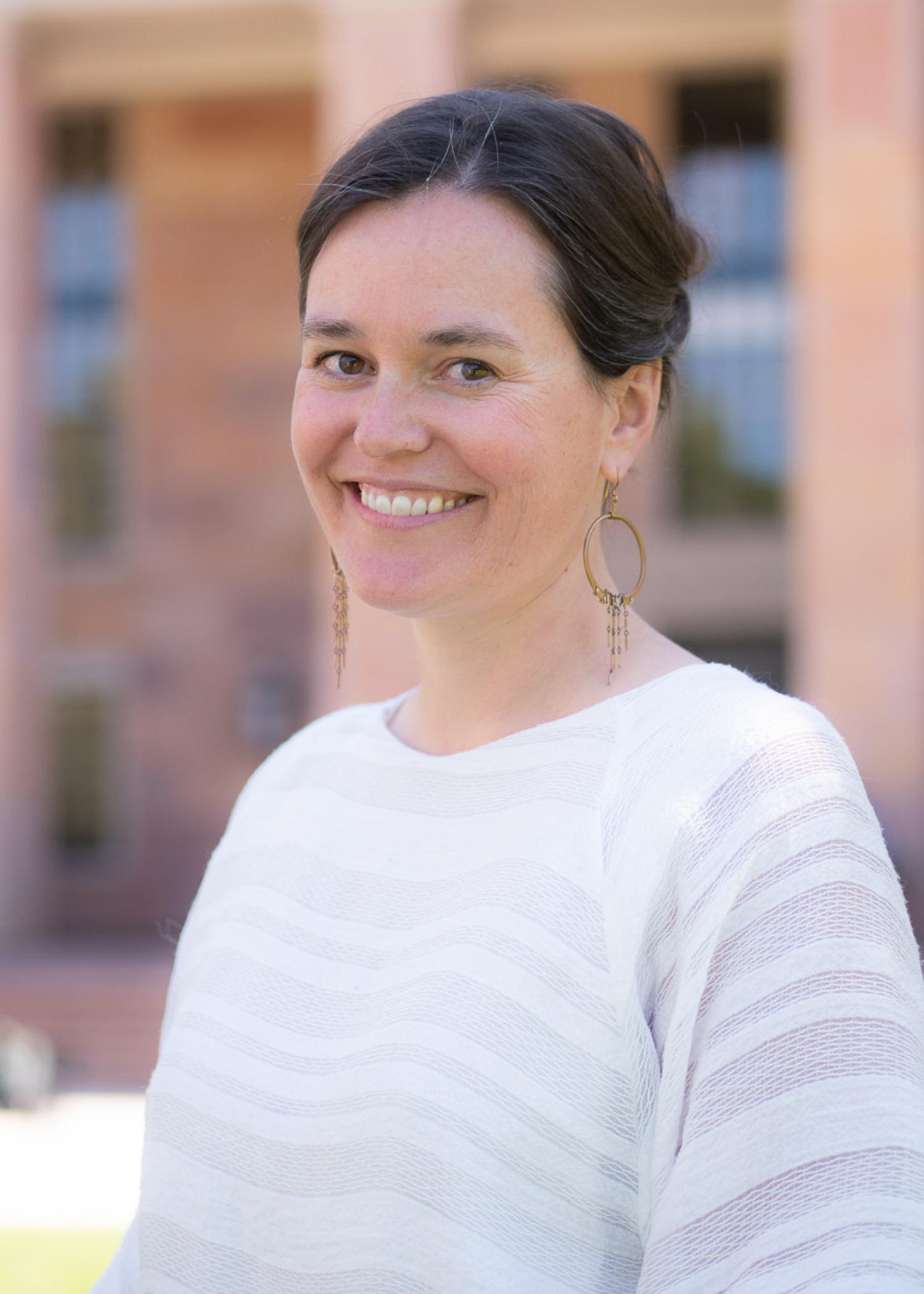
Contact Megan at megan.friedel@colorado.edu
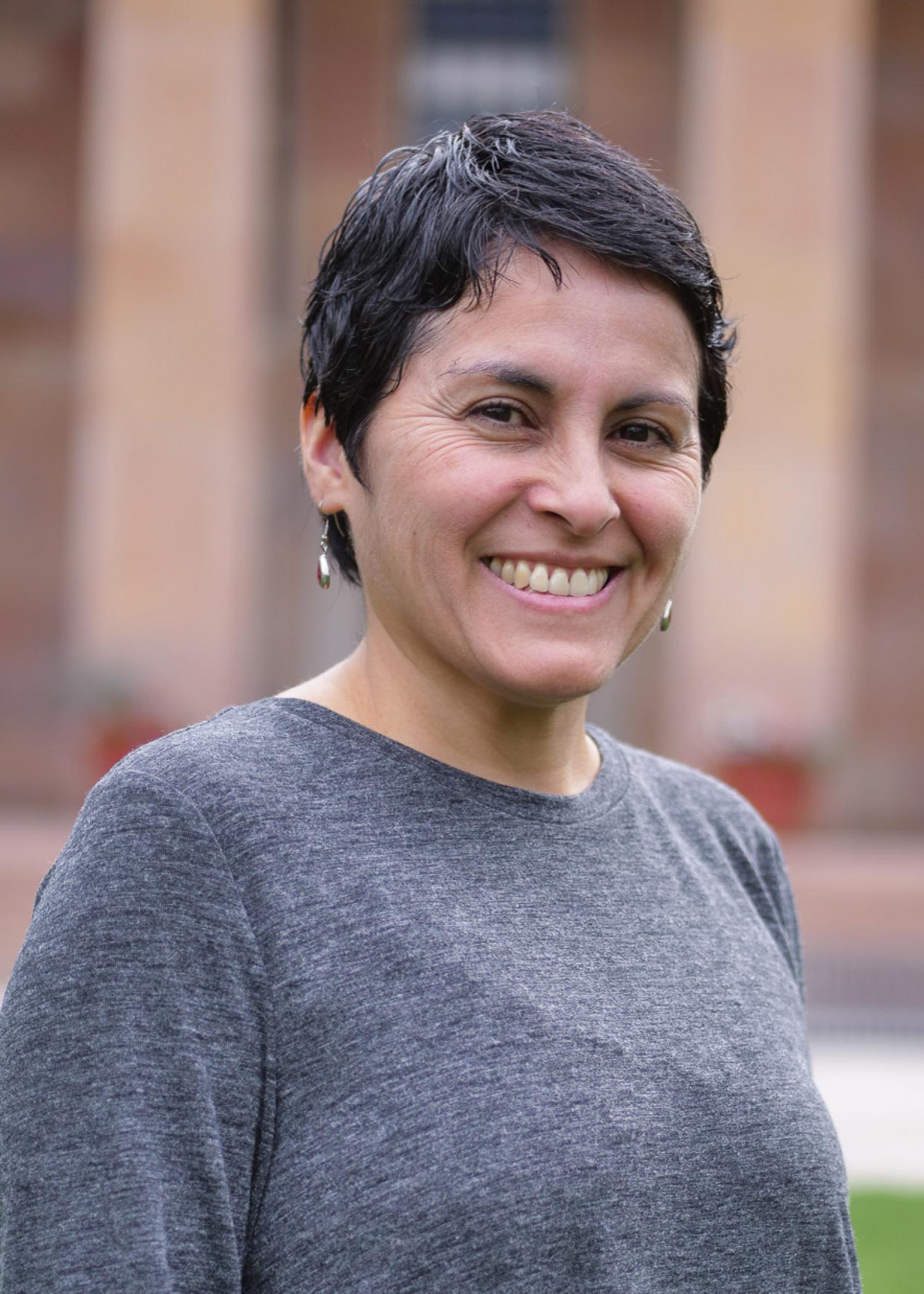
Contact Kathia at kathia.ibacache@colorado.edu

Contact Ilene at ilene.raynes@colorado.edu
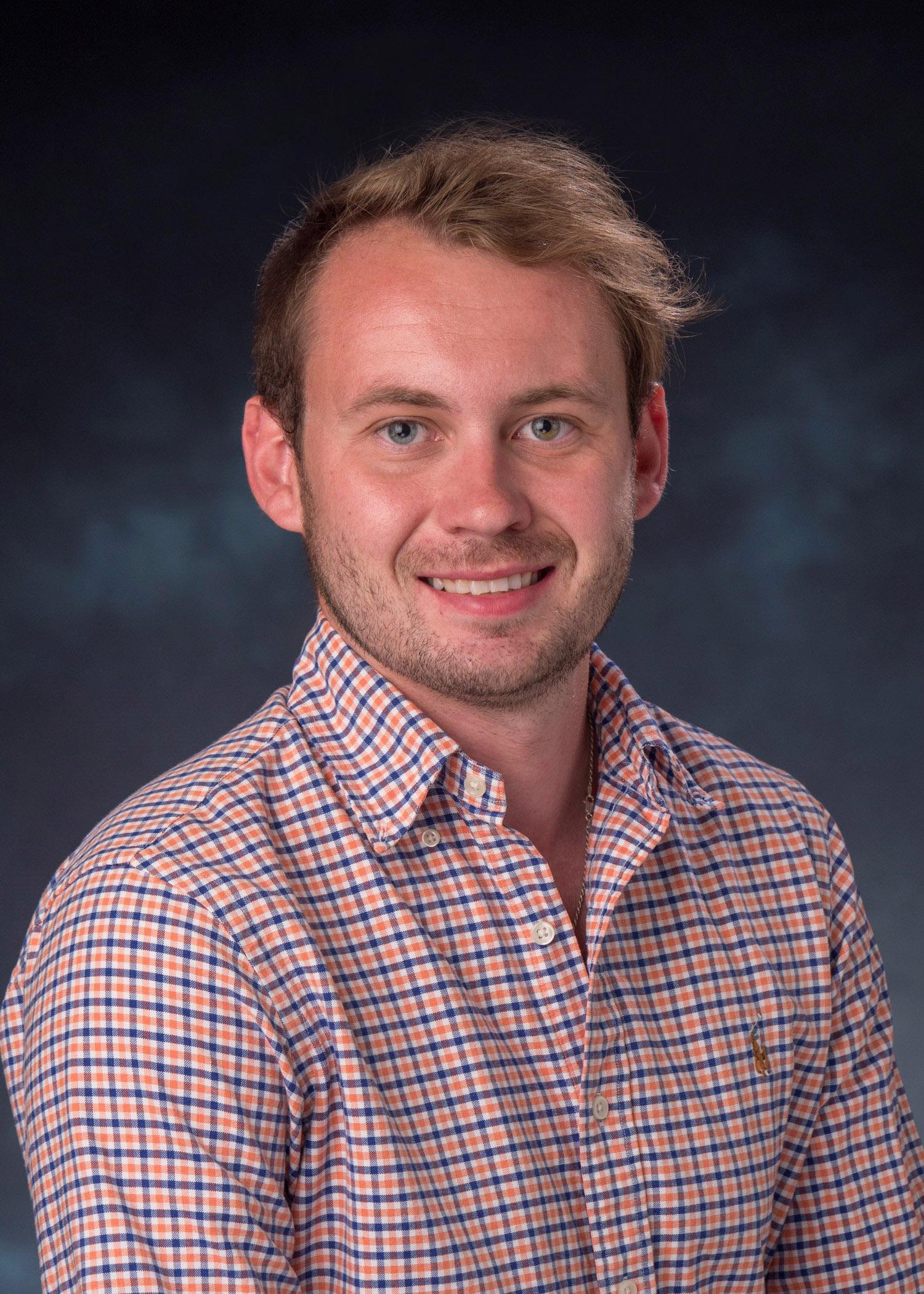
Contact Freddy at frederick.carey@colorado.edu
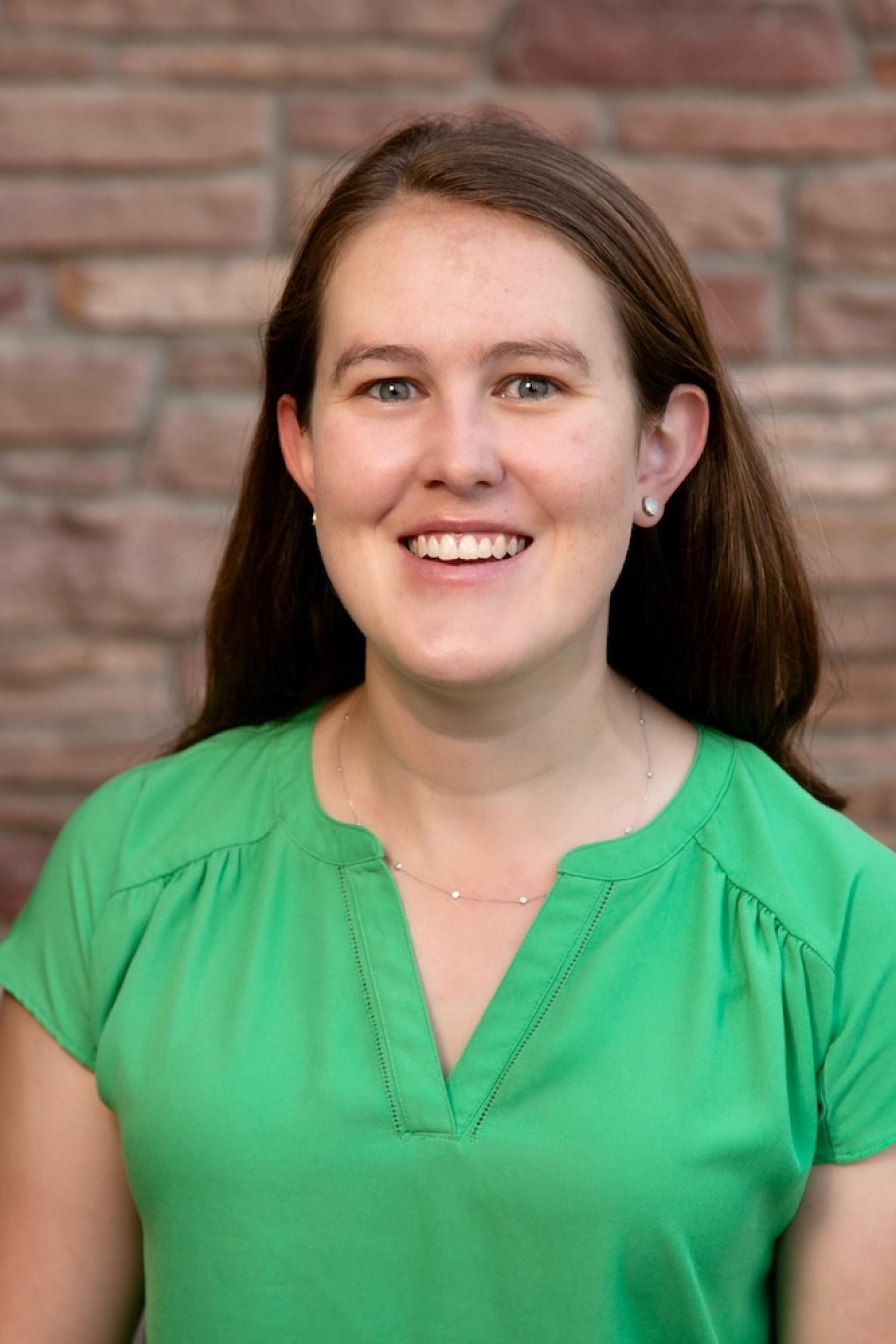
Contact Emily at emily.dommermuth@colorado.edu
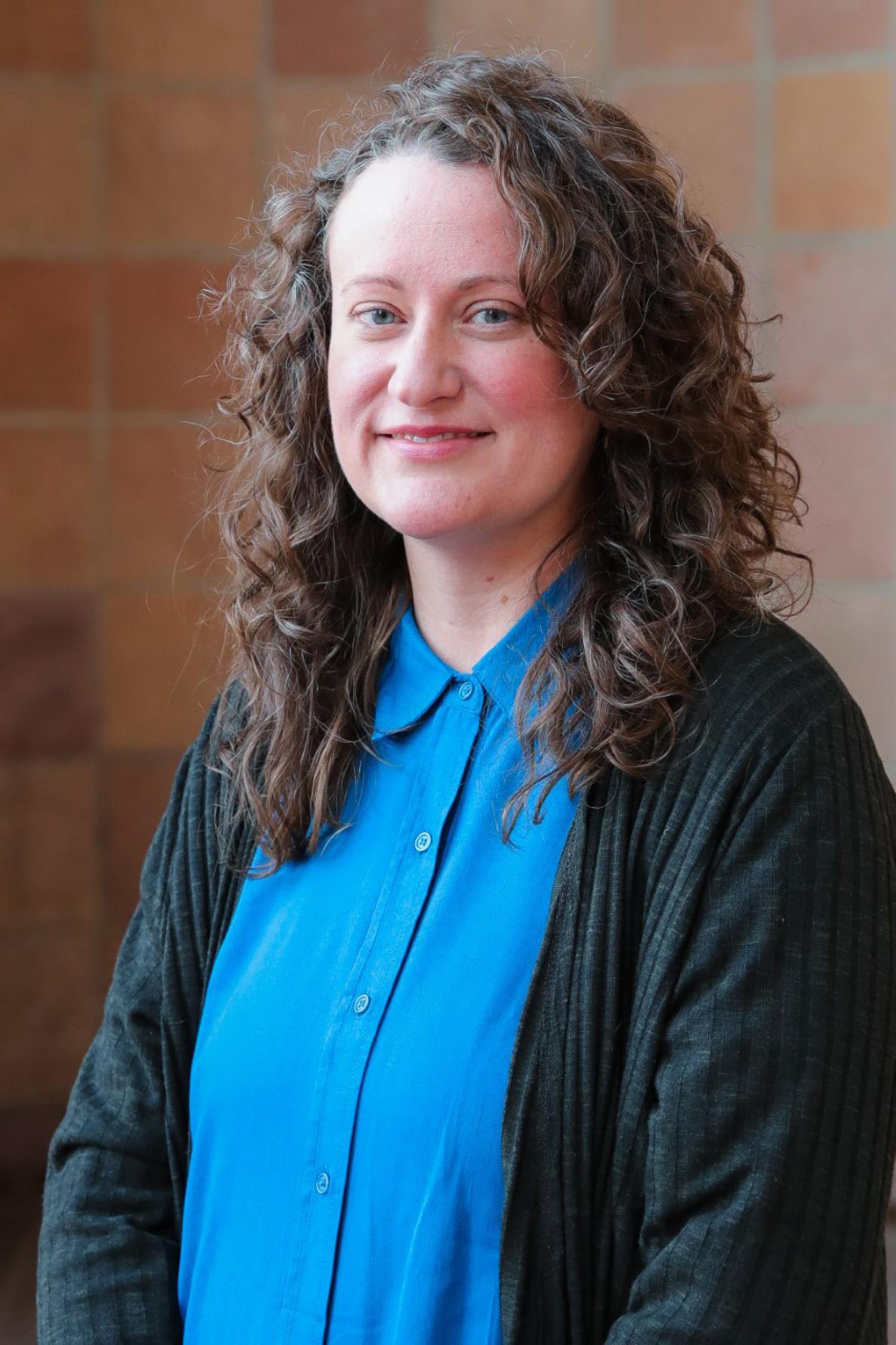
Contact Amanda at amanda.rybinkoob@colorado.edu
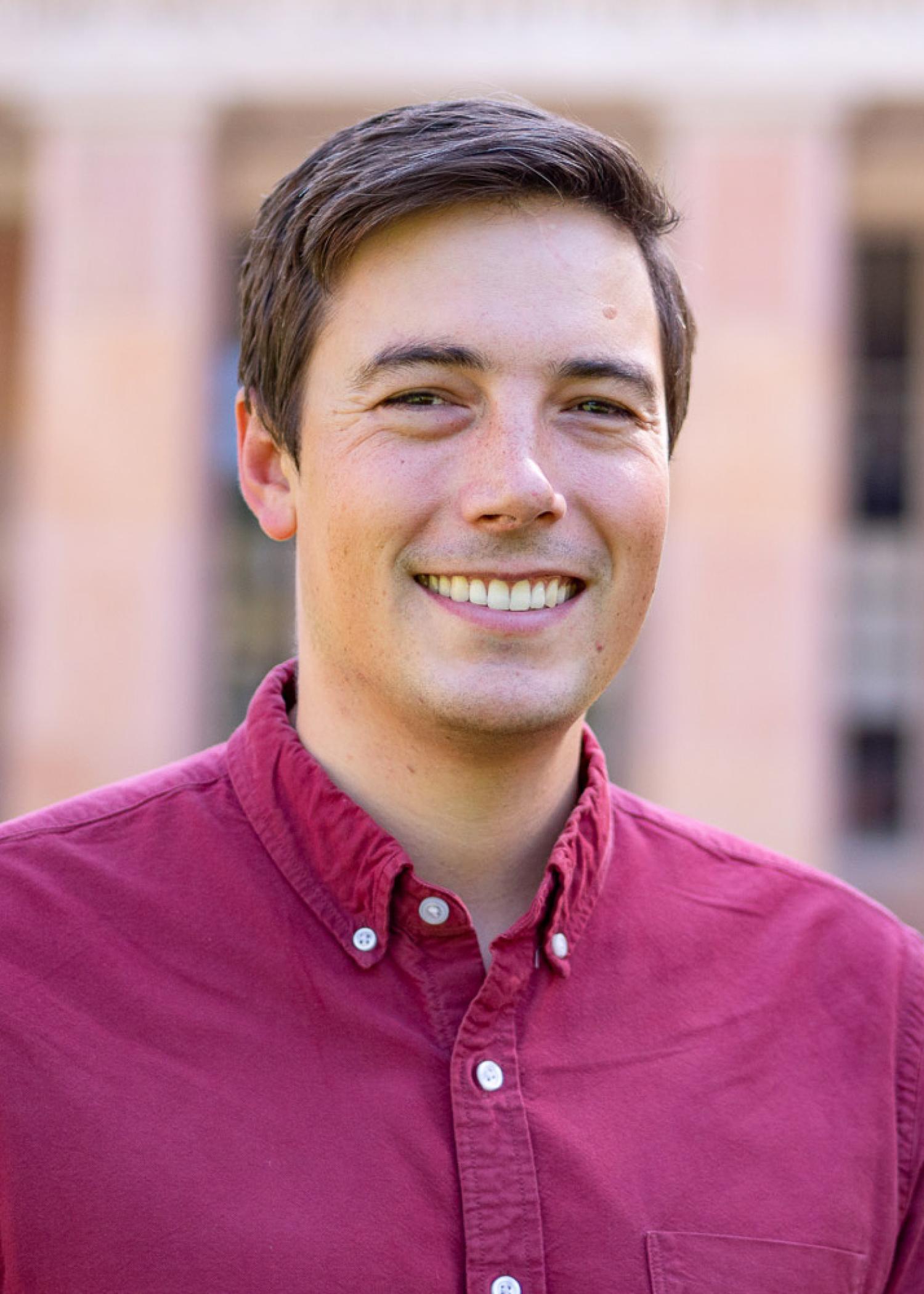
Contact Alex at alexander.watkins@colorado.edu
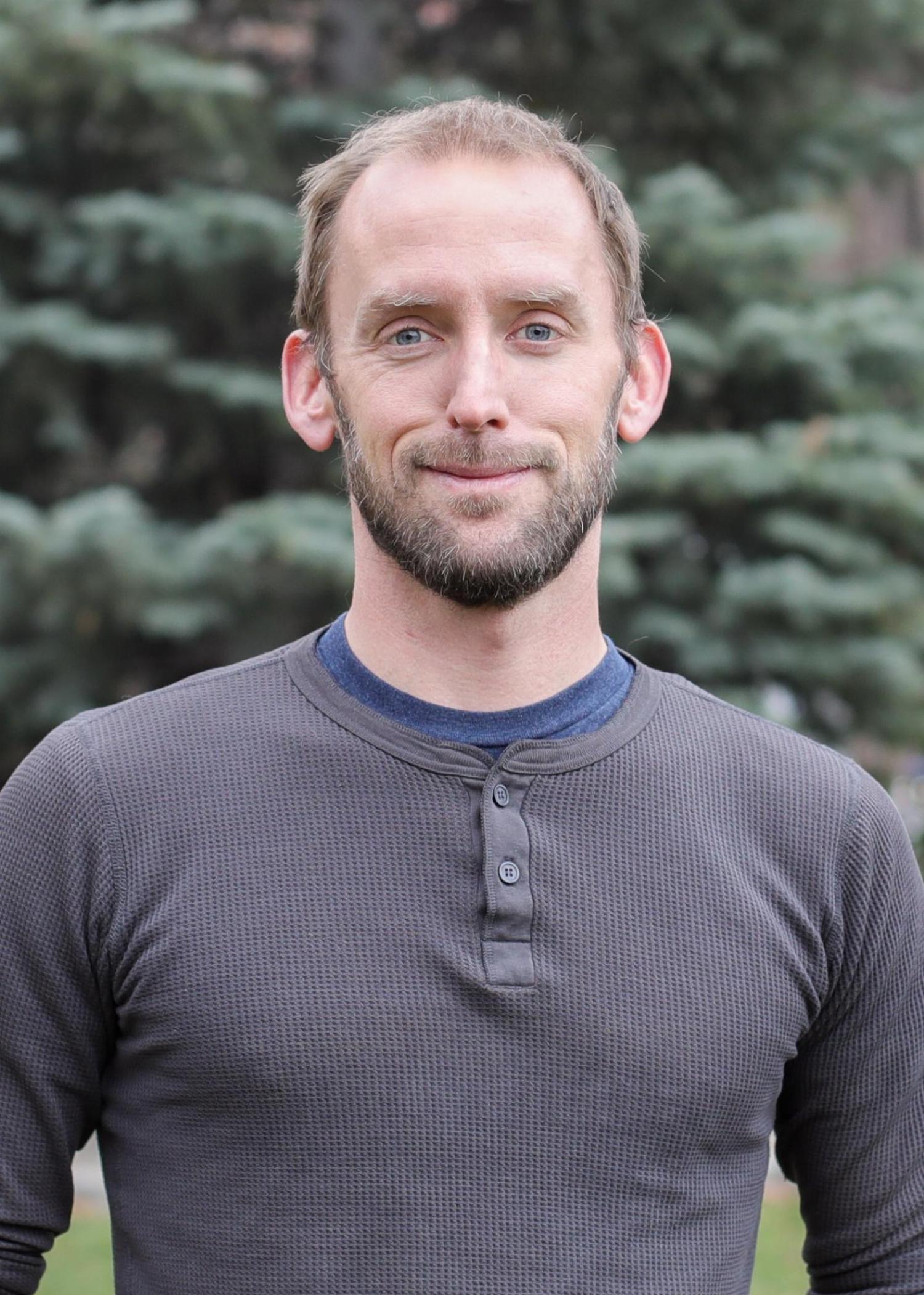
Contact Adam at adam.lisbon@colorado.edu
Welcome! This guide is intended to provide an overview of Indigenous Knowledge and research methods, in addition to providing starting points for exploring Indigenous ways of knowing using different types of resources. We expect this guide to be a continual work in progress as new information, community needs, and our own understandings of these issues evolve.
This guide intentionally prioritizes materials created by Indigenous peoples and centers Indigenous perspectives, ontologies, and epistemologies. Some resources from our archival collections or other databases contain valuable documents by Indigenous peoples among other documents authored by settler colonialists, colonizing governments, or non-Indigenous scholars. We make note of resources like this wherever possible.
Based on our geographic location in Colorado, we highlight materials from the Indigenous peoples of these lands, including resources held by our library and archival collections at CU Boulder. We also recognize that certain issues are experienced by many Indigenous groups, and we share resources as starting points for exploring these issues and peoples within North America. We welcome feedback and suggestions from the community.
We are grateful for the campus community members and libraries colleagues who have contributed to this guide. We would like to especially thank Angelica Lawson, Natasha Myhal, Sheila Goff, and members of the Center for Native American and Indigenous Studies Executive Board for providing thoughtful and constructive feedback.
The content on this guide is available for sharing and reuse under the following Creative Commons license: CC BY-NC 4.0 Attribution-NonCommercial 4.0 International.
This license requires that reusers give credit to the creator. It allows reusers to distribute, remix, adapt, and build upon the material in any medium or format, for noncommercial purposes only. We appreciate attribution of our work of the creators whose work we reference. Thank you!
